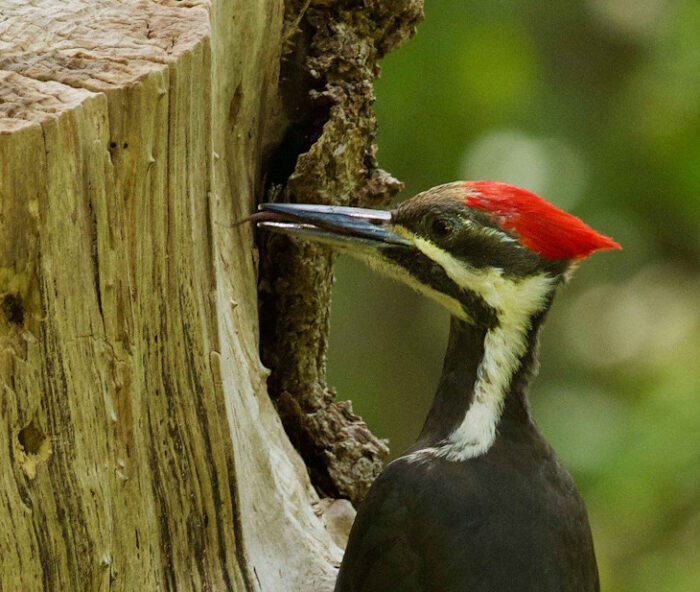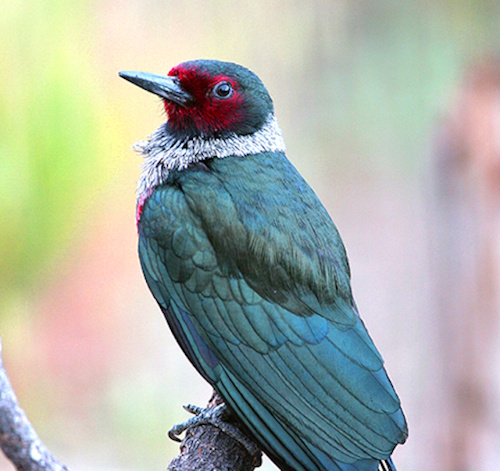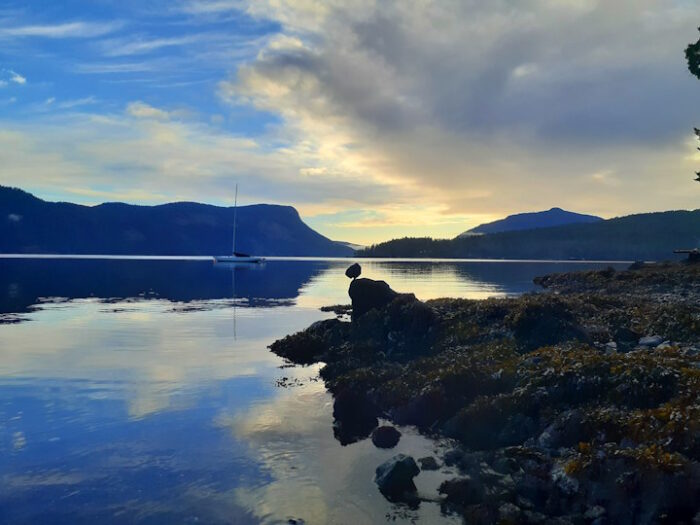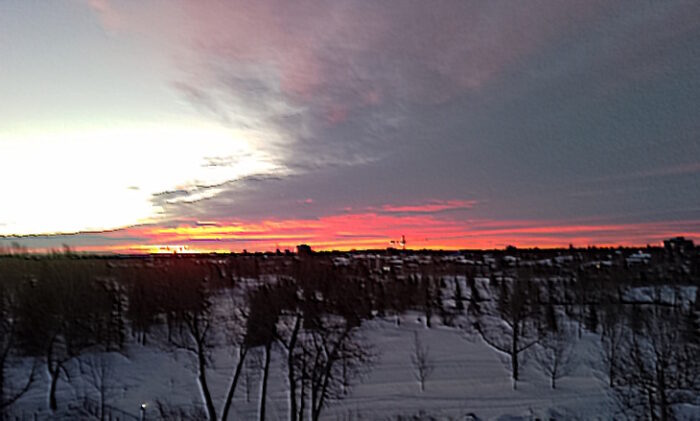Wildwood Ecoforest, near Ladysmith, BC, is an 83-acre patch of old-growth Douglas-firs. These original coastal giants now stand among western red-cedar, bigleaf maple, arbutus, and a profusion of dogwood, on the traditional territories of the Coast Salish First Nations. I was a volunteer caretaker of this parcel of woodland, and on my work days I’d always hear woodpeckers. I began trying to identify them by their drumming, and by sight when possible. I only managed a few, so here’s my (divergent) research on the lot.
§
i
To find a Northern Flicker, look under a picnic table, or better, a spreading elm; watch for a yellow shaft of sun, hammering at the ground.
ii
Hairy Woodpeckers are mercenaries gone AWOL. Wary and needy, and like all of us, a little traumatized. Their therapy is taking down rotting utility poles—watch for curative chips of light flying up.
iii
The Downy Woodpecker? A bit of a hipster. Likes Bebop but favours fusion. Jams like Buddy Rich and Ginger Baker but doesn’t mind some downtime with Charlie Pride.
iv
Check out the plumage of Pileated Woodpeckers, wouldn’t they make fine pirates? Of course that’d make them qualified for Parliament.
v
Yellow-bellied Sapsuckers are champions of misdirection; they’ve been documented drilling into the brains of over 1,000 species of lobbyists.
vi
Lewis’s Woodpeckers love a Pride Parade: splendiferous with green back, pink body, silver collar, and a red face patch, ready to mock any orange-faced insult.
vii
The Red-naped Sapsucker has a taste for sugar, likes life in the Bay Area; remembers you as a flower child and later in that disreputable bar dancing a credible Bump and Hustle.
viii
Williamson’s Sapsuckers are endangered. They are losing their veteran larch habitat to chainsaws, ironically, through ‘conservative’ policies.
ix
American Three-toed Woodpecker is a stand-up with a quick tongue, able to speak the monosyllabic sap of a Dictator Tot and his sycophantic senators.
x
Red-breasted Sapsuckers are allies of trans-hummingbirds. Their call is a pleasing “mew,” or a harsh, slurred “whee-ur”—they do no harm, they take no shit.
xi
You’ll find the Black-backed Woodpecker among the embers of extravagant burns. Praise this dearest rehabilitator of our blackened valleys and fire-scarred hills.
xii
White-headed Woodpeckers appear to be tiny Cistercians. They are lovers of all they survey: squirrel middens, sap wells, sugar-pine mountains—even you and me, failing their old-growth ponderosa home.
§





